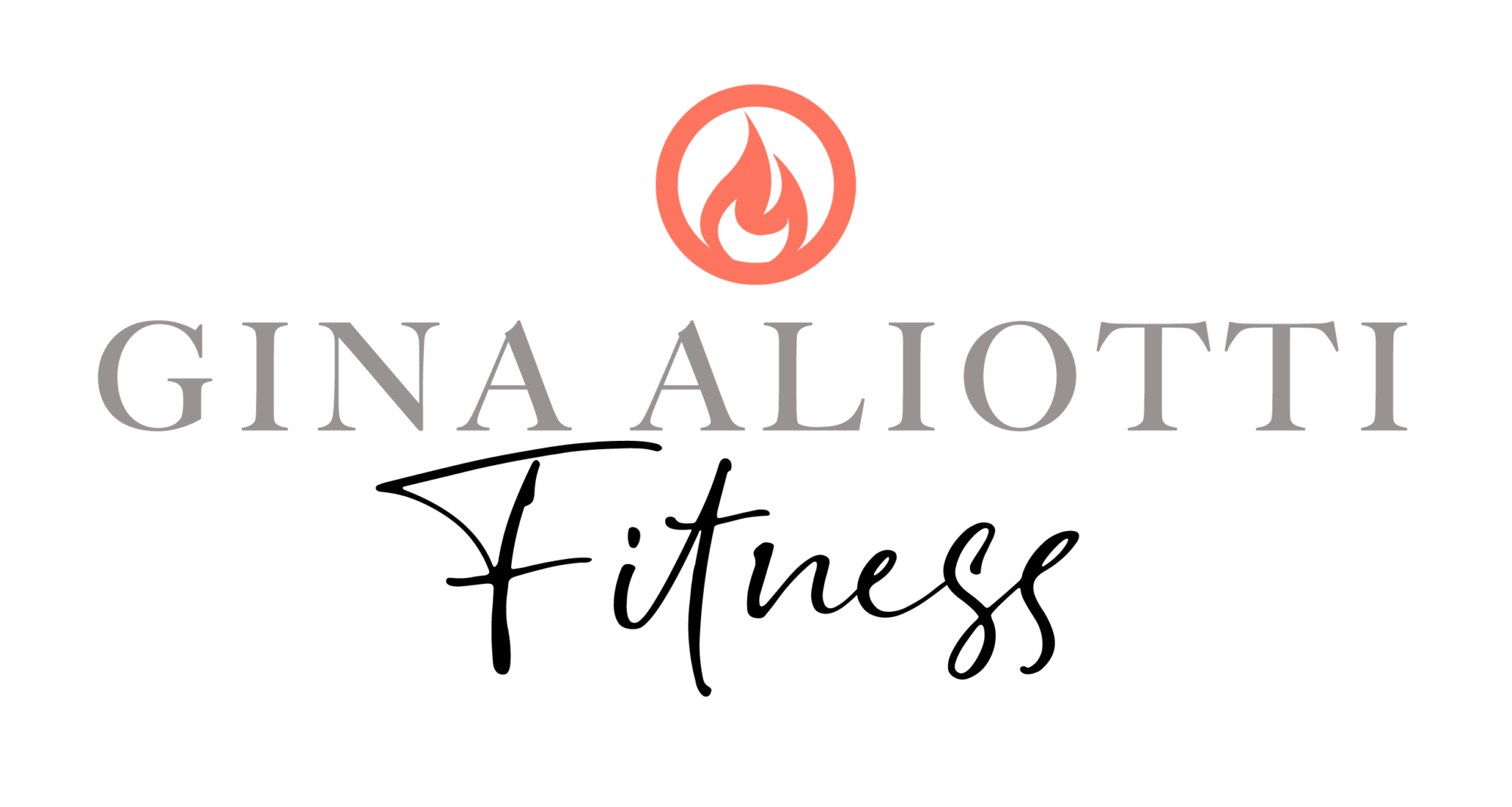Are you Over training?? Just as it is important to know when to pick things up, it is important to know when to slow things down and say NO to training!
You’ve been exercising regularly for several weeks or even months now, but seems like nothing is changing. At first, you lost some weight, improved muscle tone, strength and endurance, felt great after every exercise session and had a definite increase in energy levels throughout the day. You followed a strict diet, supplemented with necessary vitamins and minerals and push yourself with every workout. Seems like everything was moving along perfectly, right? You now feel tired and exhausted all the time, don’t have energy to even get to the gym, your sleep patterns have changed and you feel irritable and tense. If you find yourself dreading your exercise sessions or dragging yourself through the day, you may be pushing yourself too much. Diet and training plateaus are signs of your body’s need for rest. Your body is quite smart, remember that! You have to listen to yourself and know when it is telling you to SLOW DOWN! Your body may be telling you it is time to recharge your body and your mind!
When it comes to getting in shape, most people expect too much too soon! Usually people push themselves too hard at the beginning of the program in order to get faster results but in the end pushing yourself too hard at the beginning will slow down results because it is not a realistic approach! So what happens then? You feel tired, exhausted, moody, easily irritated, have altered sleep patterns, become depressed, and lose the competitive desire and enthusiasm for the things that you use to enjoy. Sound familiar?
If you answered “yes”, you may be over training. Over training happens when the physical stress of training is not properly balanced with adequate rest and nutrition to allow the body recuperate and repair the damage you have done during your strenuous training sessions. There is nothing wrong with feeling tired after a good workout. It actually is a very good indication that you have worked out hard enough and now it is time to allow yourself to recharge and rest. If you are constantly pushing your limits without giving your body a chance to recover, your entire engine may just break down. It is common to think that if a little exercise does your body good, more exercise must be even better, so we tend to put all the energy into every workout and push ourselves expecting to reach the set goals sooner. Remember more is not always better, Less is more! It is absolutely true that to make any improvements you need to challenge yourself out of the comfort zone. That means that now you may want to do more push-ups, sit-ups and lunges than you did last year, or you may try to run a faster mile. There is a reason your body adapts to the same exercises and stops responding, it is a smart animal! Plateaus occur when the balance of exercise, rest and proper nutrition are thrown off! Every body has a limit to what it can handle at any given time and excessive training is not a short-cut to quicker results. In fact, it is just the opposite!
Exercising is great for your body and mind. But if you start feeling tired, fatigued, irritated, your muscles begin to hold a lot of tension even when you are not working out, then your body is speaking to you! Physiologically, repetitive training alters your hormone levels, weakens immunity and triggers emotional instability wreaking havoc on your body and mind. But don’t fear, here are a few thoughts and suggestions to help you regain that energy you have been depleted of!
THOUGHTS:
Are you performing too many sets and exercises in your workouts?
–it’s very difficult for most people to perform a ton of sets and still be able to fully recover.
Are your workout sessions too long?
Workouts, not including warm up time, should never exceed an hour. After your anabolic hormones reach a peak and start to drop, they can drop too low to where cortisol (stress hormone) levels increase and put you in a state of potential muscle wasting!
Are you training too often? Are you training more than 5x/week? 5 resistant training days should be your max and 4 is sufficient. Of course, it depends on your goals, some people are okay with 3 days a week of resistance training but 5 is the max for anyone, regardless of your goals!
When was the last time you took a day completely off from training and cardio!? I know it is hard to do but you need to take days completely OFF to allow your body to rest, mentally and physically!
Are you following a specific nutiritonal program that is giving you the nutrients, vitamins and minerals to help you recover and glycogen to be replenished!?
Are you suffering any of the following symptoms?
-decreased performance and training capabilities
-fatigue and tiredness
-muscle soreness
-depression
-irritability and stress
-sleep and eating disturbances
-increased frequency of colds, flu, sickness
-elevated resting heart rate and blood pressure
Everybody is different but only you know how you are feeling and especially if things have shifted in your training routine, mentally and physically, over the past few months or so.
SUGGESTIONS:
–Stop exercising for a week and reduce your training after wards. The week of recovery will give your body a wonderful chance to recover and recuperate after a long period of overexertion. Your muscles will have an opportunity to rebuild themselves during this essential and WELL NEEDED time of relaxation.
–Start eating more healthy nutritious foods and try to eat more often. The best way to rev up your metabolism is to eat at least five times during the day and up to 7 is best. Every time you eat, you rev up your metabolism causing you to burn calories. Small frequent meals will also help you maintain blood sugar levels and even reduce your appetite so you end up eating less in one meal. At times of over training, one important nutrient that your body may be lacking is carbohydrates which restore the glycogen. So many people follow a low carb diet so this is KEY. Your body needs Carbs to recover!! Because your glycogen gets depleted very fast during each exercise session, the stores must be constantly replenished.
Eat more wholesome foods such as fresh vegetables, fruit, whole grains, dairy, lean meats and fish. Experiment with various combinations of foods and creative recipes for extra flavor and excitement! 🙂 Remember, this nutritious energy together with proper rest and sleep is the only way you can recharge your system.
Whatever your goals are – to increase fitness, get stronger, lose weight, or simply to feel better – the best way to achieve them is to approach them slowly and surely. Well-balanced gradual increases in training are best, but only when your body is given a chance to recover. Concentrate on working out on a regular basis, making gradual but moderate measurable progress. Anybody can work hard, but working smart is the real key to success. Workout smarter, not harder!! Sometime it is okay to say NO to training!

